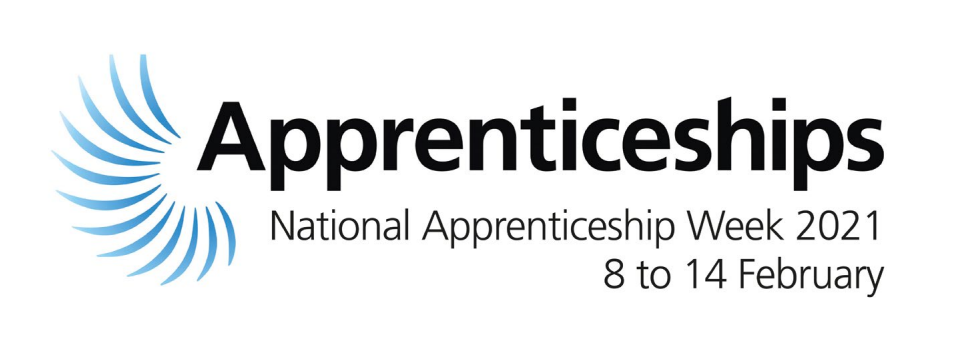Celebrating EMR's Apprentices
The arrival of National Apprenticeship Week (8 - 14 February) is an excellent opportunity to highlight the journey EMR has been on to expand its offering and develop sector-specific apprenticeships.

Since 2018, EMR has transformed the way it helps its colleagues develop their skills and experience. Working with Mayer Environmental (EMR’s environmental consultancy), and its training division, MET Academy, EMR has driven the development of the first sector-specific apprenticeship programmes for the metal recycling industry with the British Metals Recycling Association (BMRA) and industry partners.
The two apprenticeships to emerge from this work include the Metal Recycling General Operative (MRGO) and the Metal Recycling Technical Manager (MRTM), a programme for those working at a managerial level.
The impact of this investment has been dramatic: EMR has increased its number of apprentices by 193 percent each year and achieved a completion rate that now stands at 89 percent, well above the national average.
While EMR also offers a range of apprenticeships in areas such as HR, logistics and engineering, it is the MRGO and MRTM programmes which are sector specific.
And though these apprenticeships are offered at a range of levels, each one is focused on preparing apprentices for the specific challenges of working in the metal recycling industry.
“Metal Recycling is a deceptively complex industry and anyone working in it needs to have a wide range of skills, knowledge and experience,” says Patrick Davison, Director at MET Academy. “The MRGO and MRTM are apprenticeships created by the industry, for the industry.”
Laura Kedward, Learning and Development Business Partner at EMR, agrees: “If you take the MRGO, it has five specialist routes; everyone on the apprenticeship learns a core set of information and then chooses which area they go into in more depth.”
Areas of specialism include: weighbridge, material handling, waste electrical and electronic equipment, material classification and end-of-life vehicles (ELV).
The more advanced programme goes further. “The MRTM runs over 30 months, so it is very in-depth,” says Laura. “It’s a level five qualification, which is the equivalent of a foundation degree; it is advanced.
The varying levels of MET Academy’s programmes are a sign that modern apprenticeships are not merely for those leaving school but can be a relevant and valuable form of development for employees at all stages of their careers.
And these apprenticeship programmes are mutually beneficial for both those taking part and for EMR as a whole. “From my point of view it is a perfect way of getting that blend of real-world experience as well as the theoretical knowledge that they can apply,” says Patrick. “Learners get to deploy those skills almost as soon as the accumulate them.”
Laura adds: “This isn’t about EMR saying ‘go away and acquire this knowledge’, it’s about coming back into our business, applying that knowledge showing us the skills that you’ve got, with the right behaviours and attitudes alongside them.”
The EMR team offers ‘wrap around’ support to those doing apprenticeships – with site-specific programmes, the ‘buy in’ of managers and a team of mentors who can help add to the real-world experience that apprentices need to succeed in the programme.
But the benefits go both ways with mentors gaining the opportunity to learn from the next generation of leaders coming through.
“Just because a company has always done something one way doesn’t mean it’s the best way to do it. Mentors are really keen to learn about new ways of working which apprentices may have learned during their time at the MET Academy,” says Patrick.
Of course, the greatest challenges to learning of recent times have stemmed from the COVID-19 pandemic. Lockdowns and social distancing create huge obstacles and Laura, who is also chair of the North West Ambassador Network, says that EMR has been “ahead of the curve” when it comes to moving learning online.
She gives the example of the MRTM course, where a move to online delivery can avoid taking senior members of the team out of the business at the same time. “It’s difficult to justify 15 managers all attending a course on the same day, so we were already working on delivering ‘virtual apprenticeships’ to supplement face-to-face learning.”
It is yet another example of how apprenticeships are evolving to meet the needs of a modern business and the staff that work within it. At EMR, we are passionate about helping to play our role in this.